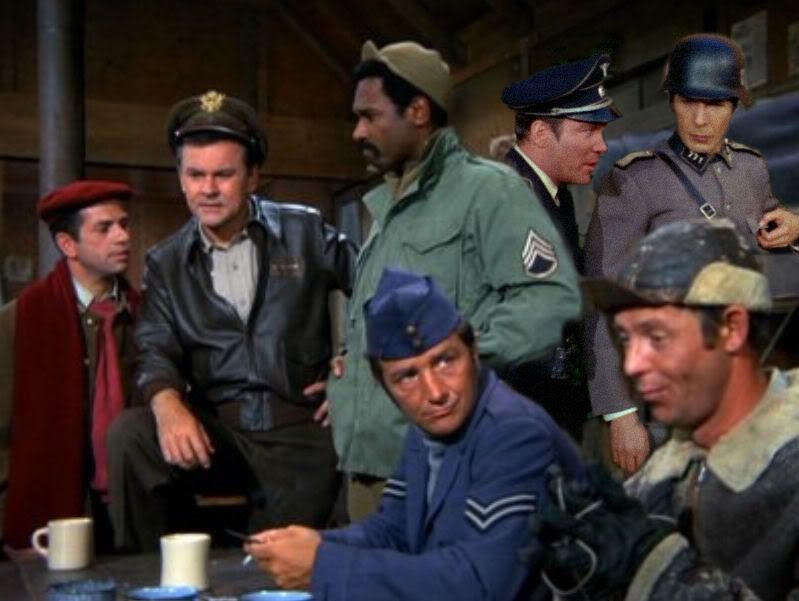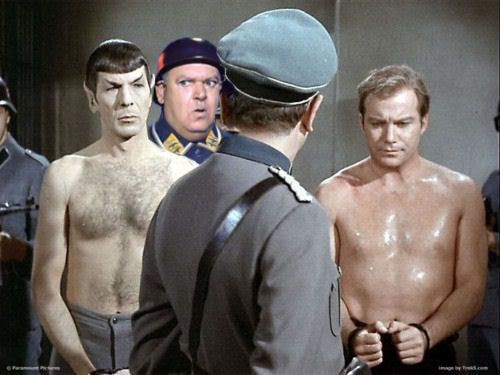But given that the creators of such were much more well versed with what happened (The time difference being about the difference between today and 1990)...don't you think the people of today have no business casting moral judgment on those creators?
I'd say that if he thought it was okay to participate in a comedy about Nazis, the rest of us don't have much business complaining.
Just because a show was made by the "right" people, that in and of itself doesn't somehow give it more weight. It can still fall flat as a pancake. As viewers, our experience on the receiving end matters too.
More precisely, the notion that people shouldn't question the merits of works of art simply because of the credentials of their creators, which in this context would include both historical proximity and what they went through personally, is a fallacy. It's a form of rhetoric whose evident purpose is to shut down discussion that might otherwise lead both to better appreciation of those works and to legitimate and fair criticism. If we let creators do all our thinking for us, we're failing on our end of the bargain.
I can do without the line that Kirk's going to make a convincing Nazi (these one-line attempts at levity, seemingly pervasive in TOS, generally aren't as funny as they're apparently meant to be), I think "Patterns of Force" was ham-fisted on many levels, if not poorly conceived, but I don't want the episode (or any part of it) deleted. It's a snapshot of the American experience in coping with Nazism. To others, the episode may resonate in a different way, a way that even though I disagree with, I still might recognize as equally legitimate and ultimately positive. Nevertheless, to me, "Patterns of Force" is a perfect example of something falling flat as a pancake. It doesn't get a pass because the 1960s were closer to the 1940s than the 2010s.
On the other hand, I find Hogan's Heroes to have been largely a brilliant effort that walked a very fine line. Its greatest contribution to my experience is probably simply that it made me think. It's highly nuanced and I never saw it as shortchanging the gravity of the material. Just itself from watching the show, I get the feeling that the parties involved were depicting experiences that were both monumental and profoundly moving to them personally. The sitcom format was largely just a prop that served that end.




